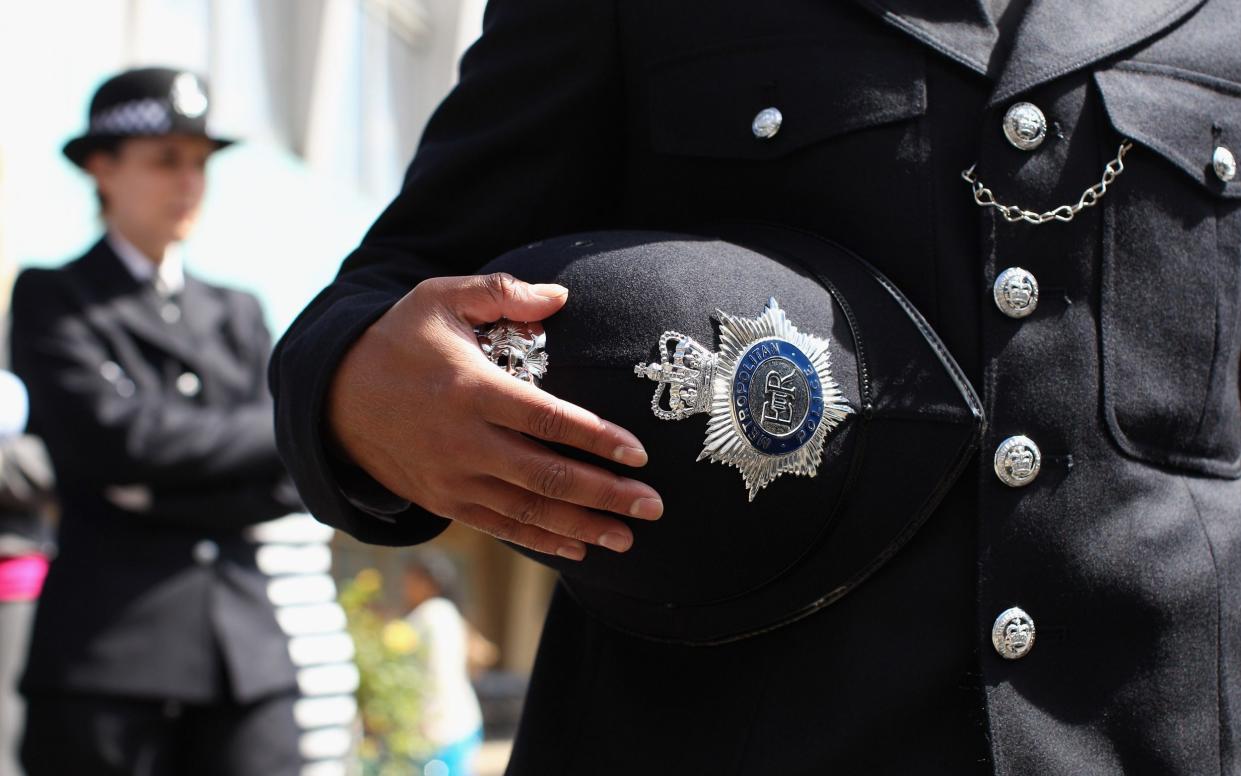The Met should focus on policing London – not Israel

Much of the data and commentary coming out of the Met suggests a force overwhelmed by its current mission.
Knife crime in London has surged by 20% in the past year, the vast majority of burglaries remain unsolved and just over a year ago Commissioner Sir Mark Rowley believed the Met needed a 27 per cent funding boost “just to stand still”.
Despite this background, the Met has now decided to direct some of its limited resources away from London and towards speculative war crimes in Israel or Gaza.
Responding to an investigation into “the Situation in the State of Palestine” launched by the International Criminal Court (ICC), the Met is displaying posters at Heathrow urging travellers who have been in Israel or Palestine and may have “witnessed or been a victim of terrorism, war crimes, or crimes against humanity” to come forward.
Should this really be a priority for the Counter Terrorism Command, currently facing a range of serious threats including those posed by Iran?
The Met claims that “under the terms of the 1998 Rome Statute, our war crimes team is obliged to support any investigations opened by the ICC that could involve British subjects”. Has the UK received a request for assistance? At the very least it will seem odd to tax-paying Londoners that the Met is “obligated” to investigate alleged offences over 2,000 miles away while victims of burglary are left waiting.
At what level was it determined that the Met must now allocate time and resources to soliciting for evidence? Who signed off this decision? Above all, did the Met consult with the Home Secretary – who has obligations under the 2001 International Criminal Court Act – before deciding to undertake their investigation? What will he do now?
The ICC is currently looking into War Crimes in Venezuela, the Republic of the Philippines, and Afghanistan. Who decides, and under what criteria, which conflicts are worthy of investigation by our capital’s police force? What has marked out the investigation in Israel/Gaza as especially deserving of police time?
Indeed, where are the posters asking travellers from Gaza to report any contact with people whom they have reason to believe may be connected to Hamas? After all, it is a proscribed terrorist grouping in this country.
Sir Mark Rowley’s mission to reform the Met is no easy feat and far from complete. Many Londoners still feel their neighbourhoods have been abandoned by the police. Since well before this Commissioner was appointed trust and confidence in the Met had fallen to a record low.
Policy Exchange’s 2022 report “Policing Can Win” set out the case for a Met which provided local police commanders with the autonomy and resources to focus on fighting crime and anti-social behaviour in local communities. With those commanders held to account by the public and senior officers Londoners would be able to see the difference on their local streets and in their communities.
Every time the Met elects to focus on activities not related to the mission of fighting crime and disorder in the capital it is to the detriment of Londoners.
It is increasingly clear that to enable the Met to truly serve Londoners effectively serious consideration needs to be given to transferring the Met’s non-London responsibilities elsewhere. Some will say that the risk of such a change is too great – but while these concerns may be legitimate, they underplay the risk to Londoners from the daily scourge or crime and disorder that is playing out on our streets close to home.
David Spencer is the Head of Crime and Justice for Policy Exchange and a former Detective Chief Inspector with the Metropolitan Police Service

 Yahoo News
Yahoo News 
